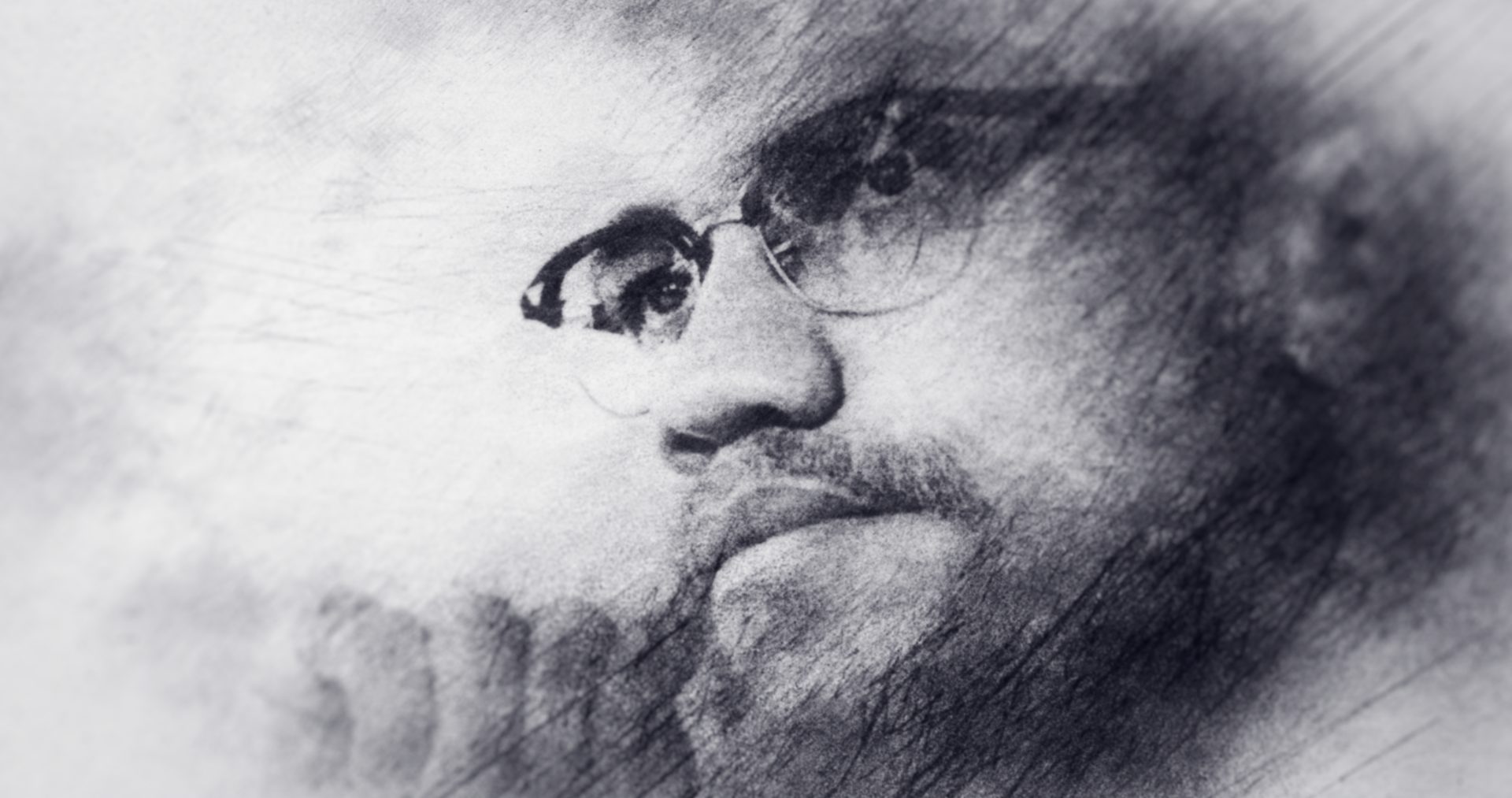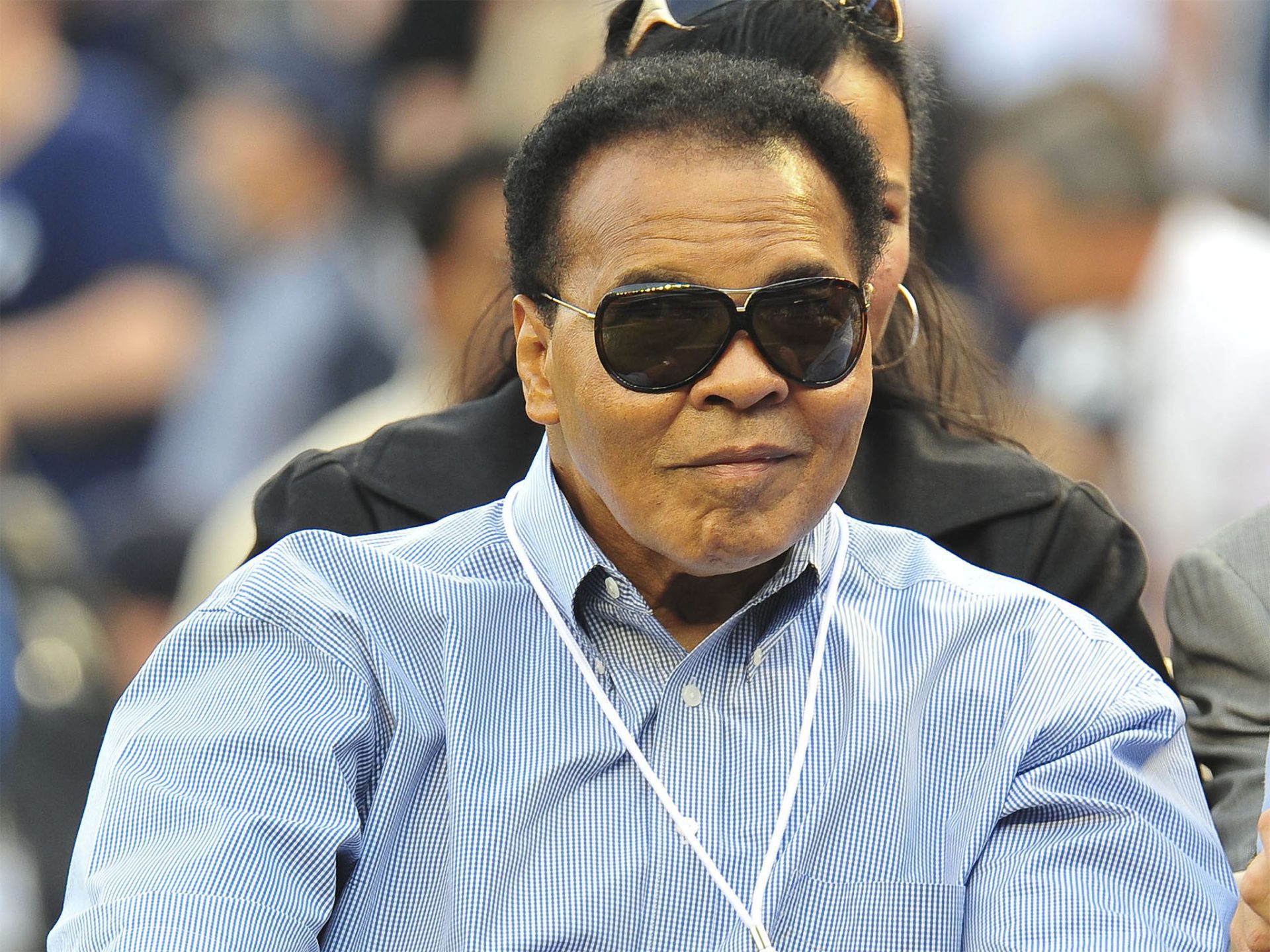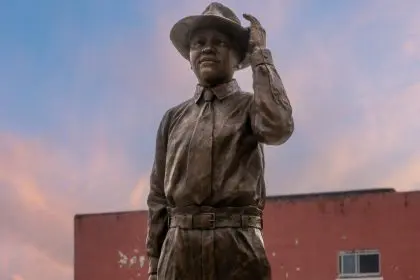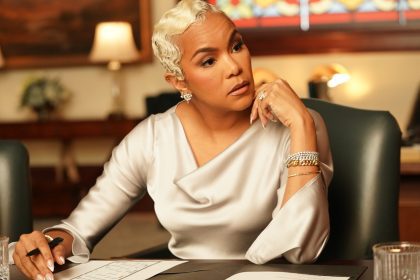Malcolm X stands as one of the most transformative figures in American history, whose piercing intellect and unwavering commitment to Black liberation continue to resonate with activists and scholars worldwide. As communities across the globe commemorate the 100th anniversary of his birth on May 19, his evolution from street hustler to global human rights advocate remains a powerful testament to personal reinvention and ideological growth.
Born in Nebraska during the height of Jim Crow segregation, Malcolm would emerge as a formidable voice challenging systemic racism and advocating for Black self-determination. His journey from prison to international prominence illustrates a remarkable trajectory of intellectual development and political awakening that few historical figures have matched.
The centennial celebration offers an opportunity to explore dimensions of Malcolm X that extend beyond common knowledge, revealing a complex individual whose life contained numerous pivotal transformations. These lesser-known aspects provide crucial context for understanding the fullness of his contributions to civil rights history and his enduring legacy in contemporary social justice movements.
Recent scholarship, newly released documents, and continued interest in his life story have expanded our understanding of this iconic leader. His ideological evolution throughout his shortened life represents one of the most documented and significant philosophical journeys of any 20th century political figure.
The evolution of his identity
Malcolm Little, born in 1925 in Omaha, Neb., underwent several profound identity transformations throughout his life. His rejection of his birth surname represented more than a simple name change but rather a radical statement about heritage and self-determination.
The adoption of “X” symbolized the unknown African ancestry that had been systematically erased through the institution of slavery. This deliberate act of renaming reflected his belief that African Americans needed to reclaim cultural connections severed through enslavement and oppression, a philosophy that would influence generations of Black activists and thinkers.
This questioning of imposed identity became a central theme in his advocacy, encouraging Black Americans to examine how colonial and racist structures had shaped their self-perception. His personal journey to reclaim identity would later expand to include his Muslim name, el-Hajj Malik el-Shabazz, following his pilgrimage to Mecca.
Prison transformation through self-education
The period of incarceration Malcolm served beginning in 1946 marked a decisive turning point in his intellectual development. While serving time for burglary charges, he embarked on an extraordinary program of self-education that would fundamentally reshape his worldview and rhetorical abilities.
His disciplined study included copying the entire dictionary by hand to expand his vocabulary, a practice that contributed to his later reputation as one of the most eloquent orators of his generation. The prison library became the foundation for his exploration of history, philosophy, and religion, subjects he studied with remarkable intensity despite having limited formal education.
This transformation through learning exemplified his belief in education as a pathway to liberation, a philosophy he would advocate throughout his public life. Upon his release in 1952, his intellectual foundation prepared him for rapid advancement within the Nation of Islam, where he would soon emerge as the organization’s most visible spokesperson.
Religious evolution beyond the Nation of Islam
Though widely associated with the Nation of Islam, Malcolm X eventually broke from the organization in March 1964 after 12 years as its most prominent minister. This separation represented a significant ideological shift driven by both personal and philosophical differences with the organization’s leadership.
His split was influenced by allegations regarding the conduct of NOI leader Elijah Muhammad and emerging differences in political vision. Additionally, his increasingly progressive views on gender roles within religious contexts challenged traditional restrictions on women in mosques, reflecting an evolving perspective on gender equality.
Following this separation, he established two new organizations: Muslim Mosque Inc. and the Organization of Afro-American Unity. These ventures reflected his expanding vision that began incorporating broader human rights frameworks alongside his continued commitment to Black liberation, signaling a more inclusive approach to social justice.
Global perspective following the Hajj pilgrimage
A transformative spiritual journey to Mecca in 1964 significantly broadened Malcolm X’s political and social perspectives. The pilgrimage, mandatory for Muslims who are physically and financially able, exposed him to a global Islamic community representing diverse ethnicities and backgrounds.
This experience fundamentally challenged his previous views on race relations, as he encountered Muslims of various races worshipping and living together in apparent harmony. The international exposure during his travels throughout Africa and the Middle East expanded his analysis of racism beyond American borders, leading him to connect domestic civil rights struggles with global anti-colonial movements.
Following this pilgrimage, his rhetoric increasingly emphasized possibilities for cross-racial alliances based on shared principles rather than shared ethnicity. This evolution demonstrated his intellectual flexibility and willingness to revise his thinking based on new experiences, a quality that distinguished him from more doctrinaire leaders.
Government surveillance until his assassination
Throughout his public life, Malcolm X remained under intensive surveillance by federal intelligence agencies that viewed his growing influence with alarm. Declassified documents reveal the extensive monitoring of his activities by the FBI, which began during his incarceration in 1950 and continued until his assassination.
The surveillance intensified as Malcolm’s message gained international traction and he began developing relationships with foreign leaders and revolutionary movements. Government concerns escalated particularly after his separation from the Nation of Islam and his adoption of a more internationalist perspective on human rights.
Recently, Malcolm’s estate initiated legal action against federal agencies, filing a lawsuit in 2024 that alleges government involvement in his assassination on Feb. 21, 1965. These ongoing questions surrounding his death reflect the continued significance of his legacy and the unresolved aspects of his life story.
Enduring influence across generations
Malcolm X’s intellectual journey continues to provide inspiration for contemporary movements addressing racial justice, religious freedom, and human rights. His emphasis on self-determination and critical analysis of systems of oppression remains relevant to modern discussions about structural inequality.
His evolution from separatist to global human rights advocate demonstrates the potential for intellectual growth and ideological development. This capacity for change, combined with his unwavering commitment to justice, helps explain why his legacy has remained powerful across diverse movements and generations.
The centennial of his birth offers an opportunity not only to celebrate his contributions but to engage more deeply with the complexity of his thought and the continuing relevance of his analysis. His multifaceted legacy serves as a reminder that transformative leaders often contain apparent contradictions and undergo significant evolution throughout their lives.
As contemporary movements for racial justice continue to draw inspiration from his example, the fullness of Malcolm X’s life story provides both historical lessons and ongoing inspiration. His journey from marginalization to global influence demonstrates how a committed individual can transcend circumstances and reshape political discourse through moral courage and intellectual discipline.

















